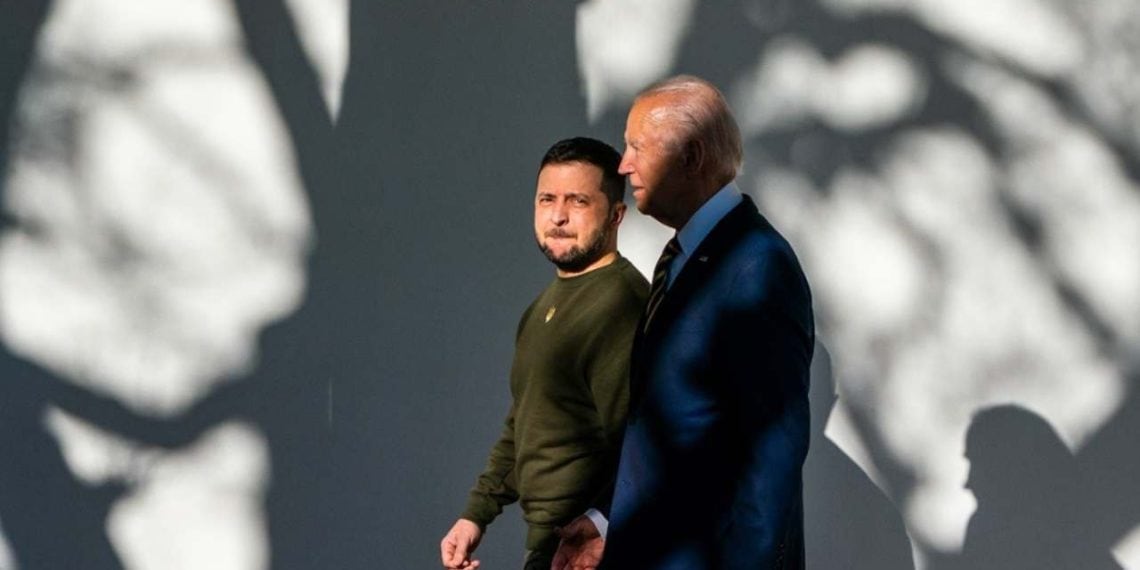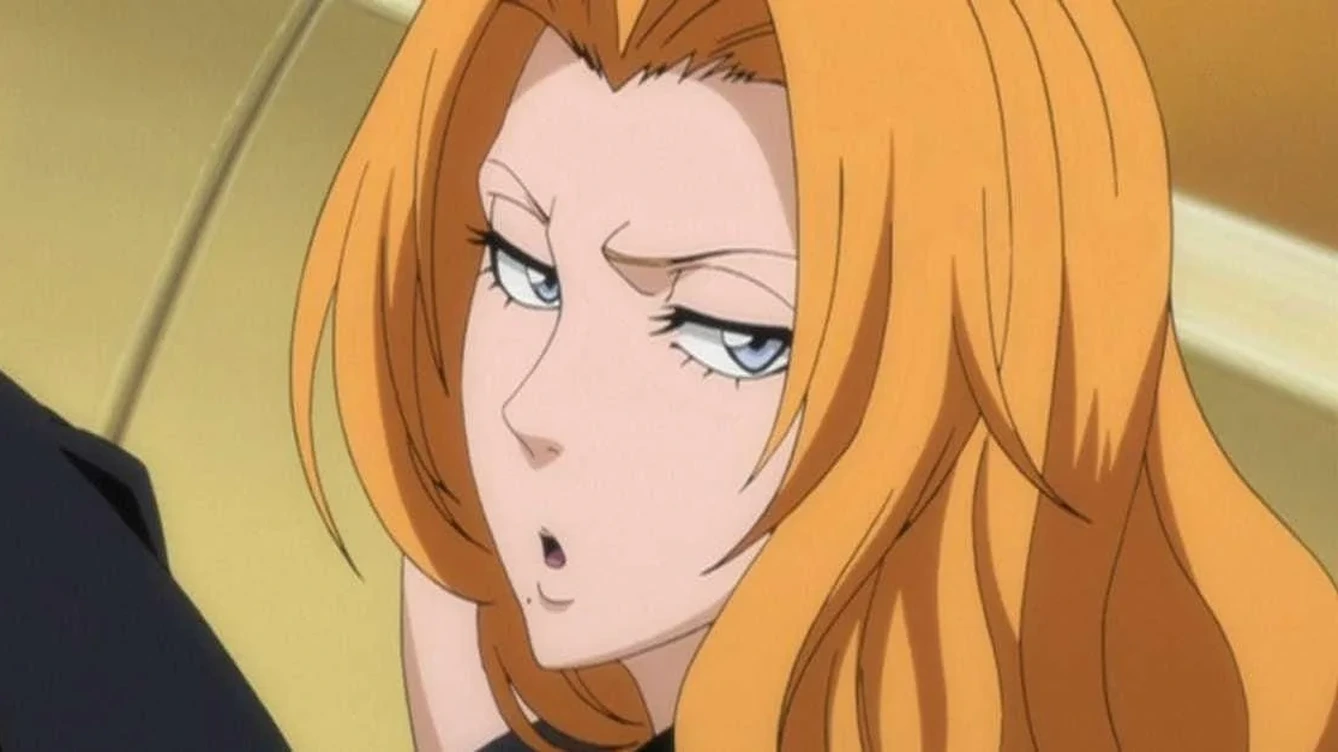The Ukrainian government has communicated to the White House that President Volodymyr Zelensky plans to dismiss Gen. Valery Zaluzhny, his top military commander. This move is anticipated to be a significant personnel change amid the ongoing war, according to sources familiar with the matter.
White House officials neither supported nor opposed this high-stakes decision but recognized it as the president’s sovereign choice, according to anonymous sources discussing the sensitive conversation.
President Zelensky has not formally announced the dismissal of Gen. Zaluzhny, and the timing remains uncertain. The advance notice to Washington, previously unreported, underscores the influential role of the United States as Ukraine’s foremost military and political supporter.
The early warning allowed the White House to encourage Zelensky to reconsider the pivotal decision, although it ultimately chose not to intervene.The departure of Gen. Zaluzhny, a highly regarded figure in Ukrainian society, has the potential to impact troop morale and unsettle the confidence of Western donors. As Ukraine’s military faces challenges in repelling advancing Russian forces, the clash between him and President Zelensky over differing strategies adds complexity to the situation, especially as the war enters its third year.
Challenging Zelensky’s decision, who is a popular figure himself and privately considers a new commander may rejuvenate Kyiv’s fortunes, could be perceived as the United States exercising undue influence.
“The perception of division at the top in Kyiv is not helpful for Ukraine, but the U.S. government should not get entangled in it,” said Steven Pifer, an Eastern Europe expert at Stanford University and a former U.S. ambassador to Ukraine.
“A president has the right to choose his cabinet as he sees fit. The decision should be squarely with Zelensky, as should the potential consequences,” added Alina Polyakova, president of the Center for European Policy Analysis.
Zelensky’s indefinite delay on the decision seems unlikely, according to sources familiar with his thinking.
The growing distrust between Zelensky and Zaluzhny stems from suspicions of the general harboring political ambitions and disagreements on crucial military matters, such as the general’s proposal to mobilize approximately 500,000 new soldiers.
Distrust between Zelensky and Zaluzhny has deepened over the years, fueled by the president’s suspicions of the general’s political ambitions and disagreements on critical military issues, including the general’s proposal to mobilize approximately 500,000 new soldiers.
In a tense Monday meeting, Zaluzhny emphasized the necessity of new recruits to achieve battlefield gains against Russia’s superior firepower and troop strength, according to sources familiar with the conversation. He also stressed the need for Ukraine to prepare for anticipated personnel losses comparable to those of the previous year.
Zelensky resisted the idea of conscripting a large number of soldiers, citing financial constraints as Ukraine lacks the funds to pay them without imposing substantial tax hikes on its citizens. Additionally, such aggressive conscription measures would likely face political unpopularity.
“The president does not believe that this mass mobilization of men between the ages of 18 to 27 is desirable or warranted at this point,” said a person close to Zelensky.
In the meeting, Zelensky informed Zaluzhny of his dismissal, as stated by a senior Ukrainian official.
Zelensky’s spokesman, Serhiy Nykyforov, denied on Monday that the president had fired Zaluzhny, but has not responded to requests for comment since. On Thursday, Zaluzhny authored a column on CNN’s website, alleging that the Ukrainian government had not adequately mobilized troops and advocating for an enhancement of the country’s high-tech warfare capabilities.
“We must acknowledge the significant advantage enjoyed by the enemy in mobilizing human resources and how that compares with the inability of state institutions in Ukraine to improve the manpower levels of our armed forces without the use of unpopular measures,” he wrote.
Identifying a successor for Zaluzhny poses a considerable challenge.
One prospective candidate is Lt. Gen. Kyrylo Budanov, Ukraine’s head of military intelligence. A 38-year-old with a special forces background rather than experience as an army commander, his appointment could indicate a shift towards asymmetric tactics, including drone strikes deep into Russian territory, given the largely static front lines in the past year.
It remains uncertain whether Lt. Gen. Kyrylo Budanov desires the position, as per an individual familiar with the matter, who suggested, “He loves his job and may want to keep just blowing stuff up in Russia.
“Another potential candidate is Oleksandr Syrsky, the current ground forces commander. The 58-year-old, credited with defending Kyiv in the war’s initial month and leading a successful counteroffensive in the Kharkiv region in 2022, is, however, disliked among rank-and-file soldiers.
Many view him as a Soviet-style commander who prolonged forces under fire in Bakhmut when a withdrawal was deemed necessary. “He’s a Gen. Patton-type character,” said the person close to Zelensky. “He doesn’t have a human resources gene in his body.”
Angela Stent, a Russia expert and former U.S. intelligence official, suggests that regardless of who replaces Zaluzhny, public disputes with the president may persist, emphasizing that he will likely remain a popular figure in Ukraine.
“It is unclear how it would affect Ukraine’s military performance,” she added. “That would depend on who succeeds him and how his successor is viewed by the rest of the military — and how effective his successor is on the battlefield.”





